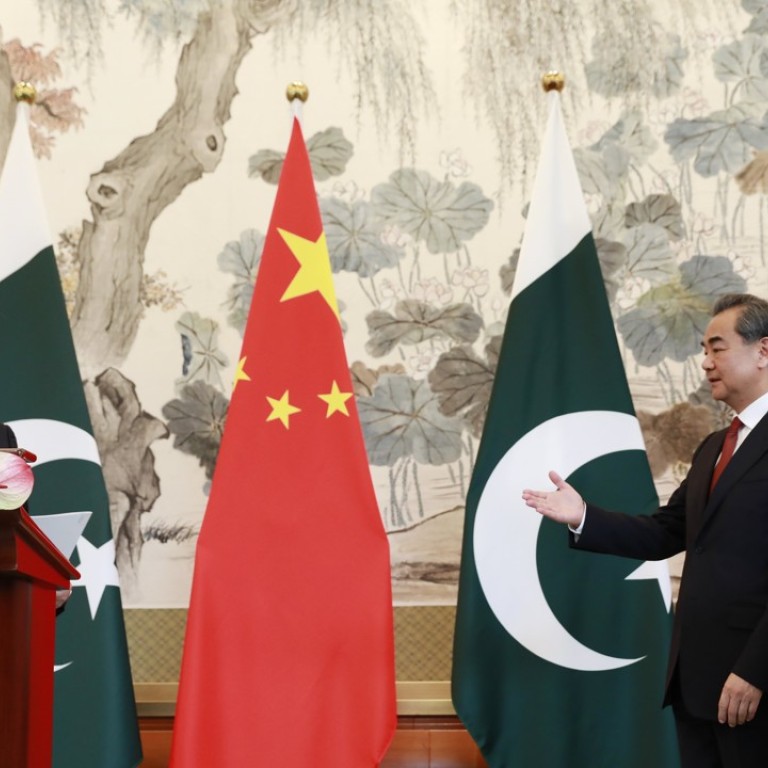
China and Pakistan team up for swipe at Trump’s Afghanistan plans
Beijing and Islamabad send troops for joint aviation drills in China
The air forces of China and Pakistan teamed up for joint training exercises, state media reported on Friday as the foreign ministers from the two countries present a united front in Beijing against Washington’s new military policy in Afghanistan.
The People’s Liberation Army sent J-11 fighter-bombers, and ground forces including surface-to-air missile and radar troops to the exercises in China which started on Thursday, state-run Xinhua reported, citing PLA Air Force spokesman Shen Jinke.
China also dispatched aviation personnel from the navy while Pakistan sent JF-17 Thunder fighter jets and early warning aircraft to take part in the drills that would run until September 27, Shen said.
“To build a world-class air force, we need to learn from foreign armies and improve our capability to complete multiple tasks,” Shen said.
The joint exercises got under way as Pakistani Foreign Minister Khawaja Asif visited Beijing for talks with his Chinese counterpart Wang Yi.
The two countries pledged to work together to resolve Kabul’s 16-year-old conflict with the Taliban, announcing plans to start talks between the parties in China by the end of the year.
Wang and Asif both stressed that any solution to the conflict would have to be political rather than military.
“It’s our firm view that there is no military solution in Afghanistan, the focus should be on a politically negotiated settlement,” Asif said. “China is playing a very constructive role in this regard.”
Wang said China would work to “narrow the differences between Pakistan and Afghanistan”.
“The government and people of Pakistan have made huge sacrifices in the fight against terror for everyone to see and the international community should recognise that,” Wang said.
Trump infuriated Pakistan last month when he accused Islamabad of giving safe haven to extremists and threatened to withhold military aid. He further raised alarm in Pakistan when he raised the prospect of enlisting India as part of a stepped-up military campaign against Taliban insurgents who have gained ground against the US-backed Afghan government.
US Secretary of State Rex Tillerson also cautioned that Pakistan risked losing its status as a major US ally and seeing its US military aid suspended.
But Wang said on Friday that Beijing stood firmly behind its “ironclad friend” Pakistan, even though “some countries” did not give Islamabad the credit it deserved in fighting terrorism.
Asif has admitted that Pakistan will continue to face “embarrassment” if terror groups are not reined in, but he insisted that Islamabad enforced the law against all terrorists in the country.
He said operations had been conducted against various terrorist groups, including the East Turkestan Islamic Movement, which China blames for attacks in Xinjiang.
Islamabad has repeatedly denied claims of being soft on militancy, accusing the United States of ignoring the thousands who have been killed in Pakistan and the billions spent fighting extremists.
Analysts have long stated that Pakistan offers support to militant proxies, including the Afghan Taliban, as a bulwark against what it considers to be the existential threat of neighbouring India.
Additional reporting by Associated Press

